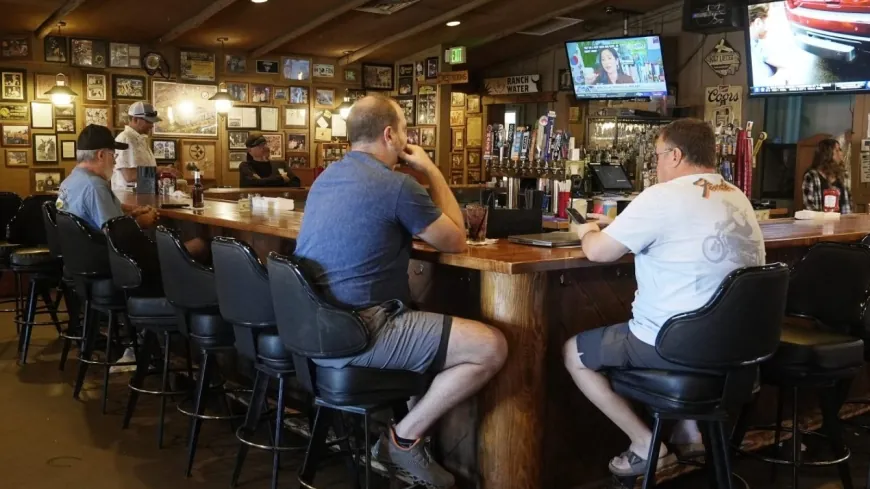Restaurants divided on whether lawmakers should make changes to Virginia’s food-to-alcohol ratio

RICHMOND, Va. (WRIC) -- With the 2025 General Assembly session around the corner, state lawmakers are grappling with how to deal with potential legislation surrounding the sale of alcohol at restaurants in Virginia.
“Our membership is rather divided and rather evenly divided at that,” said Tommy Herbert, Director of Government Affairs for the Virginia Restaurant, Lodging, and Travel Association.
At issue is Virginia’s food-to-beverage ratio, known as MBAR (Mixed Beverage Annual Review). Currently, 45% of a restaurant's total monthly sales must come from food or non-alcoholic beverages.
Earlier this year, lawmakers tried to pass a bill to lower that percentage to 35% among other changes, but failed.
On Tuesday, in preparation for next year’s session, the state’s Small Business Commission heard from Herbert, who says the 1200 businesses his group represents are divided on whether to leave the ratio as is, lower it, or eliminate it altogether.
“I would expect the conversation to continue somehow,” Herbert told 8News.
Herbert says certain types of businesses like hotels and ones located near attractions are leading the push to have the ratio lowered or eliminated.
“Think of bars at the beach where there is a great market for liquor sales, but perhaps there is not a great market for food sales, something that has very little to do with the business, more to do with the overall area,” said Herbert.
However, Herbert adds there are also restaurant owners who want to see the ratio left as is.
“There are some business owners who are concerned that to abolish the MBAR ratio, especially to abolish it very quickly would leave their businesses out in the cold and establish an unfair advantage for new businesses seeking to come in and sell liquor in a more focused sense,” Herbert explained.
Further complicating matters for lawmakers says Herbert, is a pending lawsuit filed by a Portsmouth restaurant challenging the legality of ABC’s food-to-beverage ratio.

 VENN
VENN 





